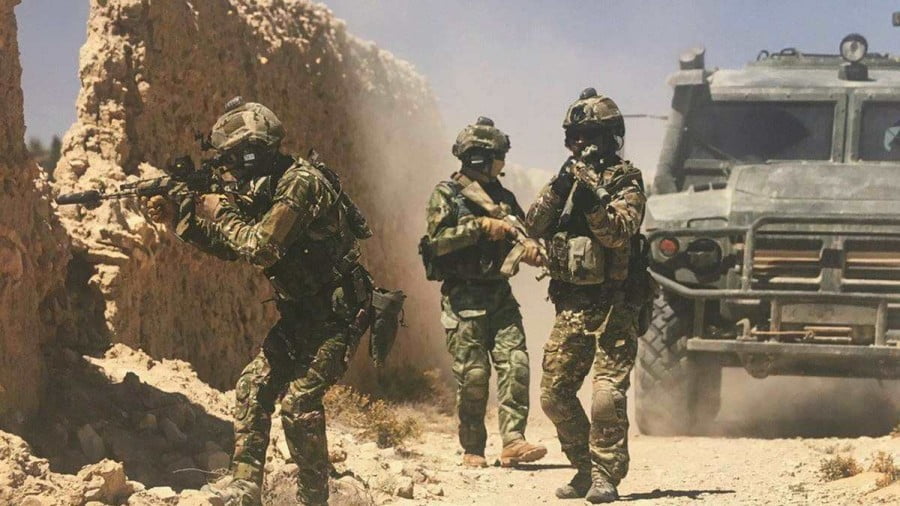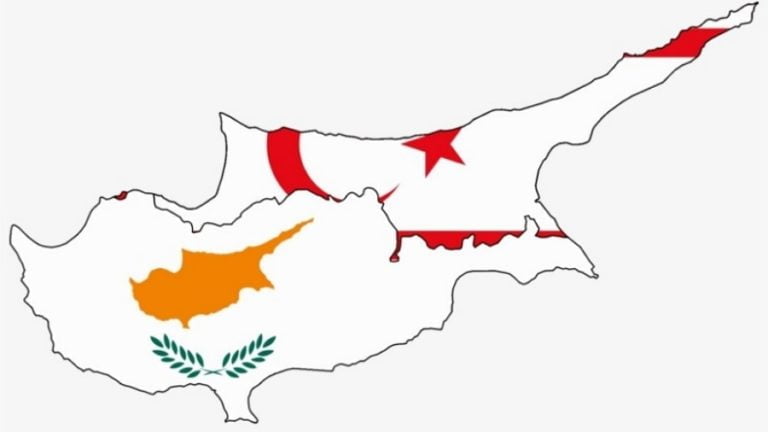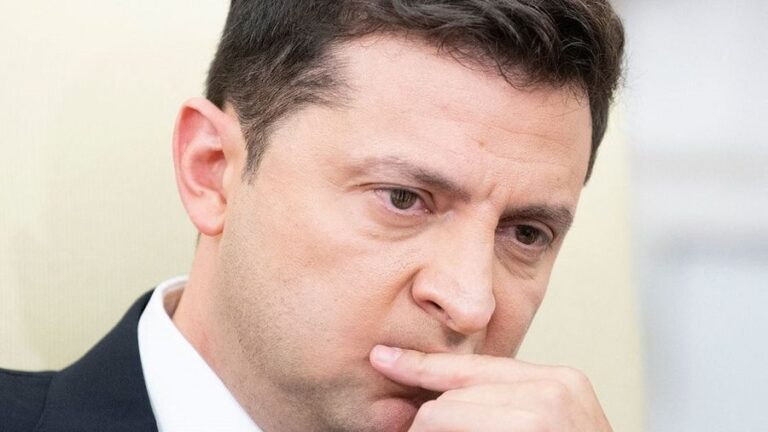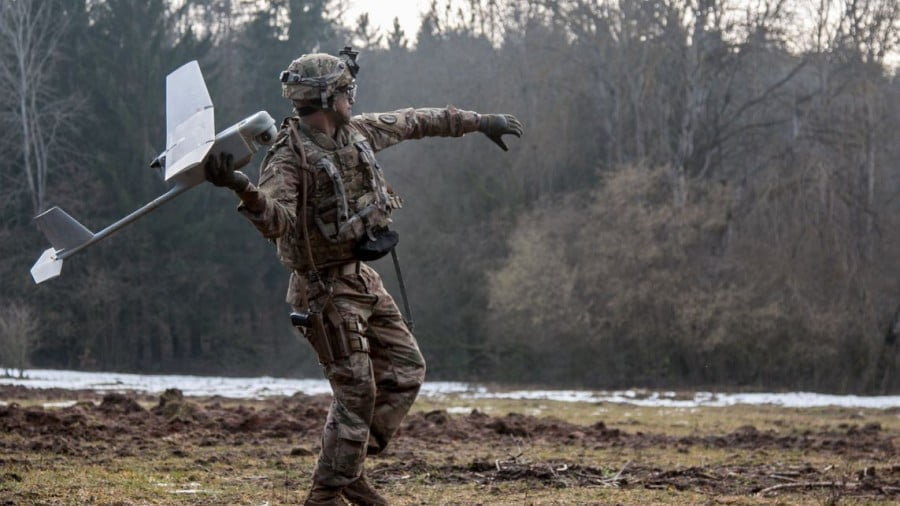Russia Might “Pivot to Africa” with “Mercenaries”
The upcoming draft proposal to legalize private military companies (PMCs, a.k.a. “mercenaries”) in Russia could give the country a competitive edge over its rivals by helping it carve out a valuable and much-demanded niche as a reliable security provider, thus enabling it to later leverage its strategic advantage to reap energy, mineral, economic, and other “rewards” in incentivizing the Kremlin to undertake a full-on “Pivot to Africa”.
RT reported that Russian parliamentarians are going to submit a draft proposal in the coming weeks to legalize the “mercenary” industry, which is officially referred to as “private military companies” (PMCs), with the outlet arguing that this step is long overdue and would simply amount to Russia keeping pace with other Great Powers. That said, it’s bound to generate considerable international attention if it passes owing to the Mainstream Media’s War on Russia, with conspiratorial accusations likely emerging in its wake in an attempt to pin the blame for all levels of global unrest from Afghanistan to Africa on the shoulders of Russian “mercenaries”. Accepting that there will likely be a flood of negative and mostly inaccurate reporting surrounding this topic, it’s much more worthwhile to concentrate on the “positive” aspects of what the legislative proposal could entail in the long term for Russia’s grand strategy.
Making Sense Of Mercenaries
The first thing that needs to be done is for the reader to abandon what might be their preexisting moral aversion to “mercenaries” and recognize that this element of “plausibly deniable” force projection by states is now part and parcel of today’s world, for better or for worse. The PMC industry has long been used by governments to indirectly exert influence in “sensitive” regions or contexts, relying on the fact that it’s ultimately a “private” company doing the work in order to eschew responsibility for the fighters’ actions if something “goes wrong”, like what infamously occurred with Blackwater in 2007 during the American occupation of Iraq. In addition, governments don’t have an obligation to publicly report on PMC casualties, so contracting their services means that they can keep the “official” casualty count low in order to avoid inciting public opposition to the given operation at home. That, however, is only relevant insofar as the respective campaign is common knowledge, which sometimes isn’t the case.
Other than amplifying the combat capabilities of openly deployed military forces in a conflict theater, PMCs also serve a very valuable role in having the said armed forces indirectly partake in missions abroad that haven’t been officially declared, whether through the media or even to the country’s own citizens per whatever its legal procedures may be. This “work flow” is possible because many “mercenaries” are former members of the state’s military, some of whom still retain contact with this body and could conceivably coordinate with it, as has often been suspected is the case. Not only that, but former intelligence agents and other “deep state” operatives are sometimes employed in this industry as well, thus making it an unofficial extension of a country’s power apparatus if “properly” applied. Taken together, the abovementioned two main qualities of PMCs make them desirable assets for all Great Powers, which explains why Russia is finally stepping up to the plate to wield this tool of national power.
The African Angle
There had previously been reports of Russian “mercenaries” in Syria even before the country officially began its 2015 anti-terrorist intervention there, and similar claims have recently popped up in Bosnia and might even be outright invented for Afghanistan in the future in order to concoct a “politically convenient” fake news narrative there, but the most pertinent of which to focus on in the course of this article is what Stratfor recently said about the African angle of this topic. The private intelligence firm alleged that the Kremlin dispatched the “Wagner Group” to Sudan and the Central African Republic, and while this assertion can’t be independently verified, it would indeed have a certain logic to it, especially in light of Russia’s latest strategic interactions with these countries.
To brief readers who might not have been keeping an eye on Russian-African relations, Russia was invited by Sudan to establish a military base on the Red Sea, and the country also successfully lobbied the UNSC to partially lift its arms embargo on the Central African Republic so as to facilitate Moscow’s arms transfers to this war-torn country. The author wrote about both of these developments last month in two articles titled “Here’s Why Russia Might Set Up A Red Sea Base In Sudan” and “Why Does Russia Want To Sell Arms To The Central African Republic?”, which can concisely be summarized as Russia’s desire to establish a strategic presence in the indispensable country along China’s African Silk Road and to lay the security groundwork for later “balancing” continental affairs through future involvement in various peace processes, respectively.
Having these objectives in mind, it makes perfect sense why Russia might have actually dispatched “mercenaries” to those two African states in order to assist with those missions, but considering that PMCs might soon be legalized, regulated, and possibly even promoted within Russia, it’s very likely that this is just the first step in a larger “Pivot to Africa” that will be unfolding in the coming years, and one which desires much more tangible dividends than those already mentioned.
Reaping The “Rewards”
Russian servicemen did an astounding job defeating Daesh in Syria, and their newfound global renown could understandably make them highly sought-after “mercenary” assets all across the world, and especially in the conflict-strewn and volatile regions of resource-rich Africa. While establishing a strategic presence in part of the continent and playing a role in conflict resolution processes are both very important, they don’t in and of themselves bring any physical “rewards” for Russia, which is why this multipolar Great Power will probably also leverage its PMC appeal for more “earthly” gains, perhaps quite literally.
In particular, Russia might reach an agreement with its trusted Chinese global partner to protect the Silk Roads – especially those in Africa – in exchange for lucrative commercial contracts along it, which could in many cases result in energy or mining deals that eventually lead to a further and more robust Russian presence in the continent. Moscow, after all, would be fulfilling a vital function for Beijing by “informally” flexing its military muscles in the most Hybrid War-prone part of the world. It might sound condescending that Russia would work through China in clinching African deals instead of the host states themselves, but it’s already the case that Beijing controls a sizeable amount of the continent’s extractive industries and is therefore the most logical actor for Moscow to engage with on this front.
Even so, Russia doesn’t want to be China’s “junior partner” in Africa forever, especially since it’s prospectively slated to assume a disproportionately important role in protecting its global paradigm-changing New Silk Road assets, which is why Moscow will probably roll out a comprehensive “mercenary”-led policy there in the near future following the expected legalization of the PMC industry. To explain, Russia is regarded as the most “neutral” Great Power interested in Africa, and to that end its “mercenary” services would already be in high demand in principle, not even accounting for the battle-tested value that its former servicemen could provide to any client.
Coupled with Russia’s toolkit of “military” and “balancing” diplomacy, PMCs could transport, guard, and possibly even employ Russian weaponry provided to conflict-plagued states in order to help their governments shape the battlefield situation to the point where international-(and Russian-) mediated political solutions can be considered, possibly even including the implementation of “Identity Federalism”. So long as Moscow takes the lead with each of these moves or is involved to an important extent, then Russia could quickly play the part of “Africa’s Guardian” in helping to safeguard peace and security there more reliably than any other country.
The ultimate “reward” for this service would be for the host governments themselves to favor Russian companies over Chinese ones in the dispensation of future contracts regardless of the sphere that they’re in, with an eye on eventually making Moscow one of their strategic partners in order to counterbalance any real or imagined fears of being “dominated” by Beijing. This win-win outcome would see Russia and China entering into a “friendly” and complementary multipolar competition with one another in Africa that would work out to every party’s benefit by diversifying their relationships and solidifying stability in the continent.
Concluding Thoughts
Russia is in the midst of a global Great Power resurgence that’s seeing it exert its influential reach into all corners of the world, which naturally includes Africa as well. However, it’s this continent where Russia’s sway is weakest following the strategic retreat that Moscow undertook in the last days of the Soviet era, and from which it has yet to fully recover. In the two and a half decades since, Russia has lagged far behind all of its competitors in Africa, meaning that the only hope for it to catch up is to unveil a totally new and ambitious vision that satisfies a valuable demand and can subsequently be leveraged for tangible “rewards”, hence the policy of using “mercenaries” to stabilize the situation in many resource-rich states and create the conditions for Russia to reap favorable contracts afterwards.
Unlike its American, French, or British counterparts, the Russian military and its PMC offshoots aren’t regarded as having any regional political interests that would “warrant” them partaking in destabilizing measures; to the contrary, Russia’s continental interests are entirely in securing Africa’s stabilization and therefore facilitating commercial, extractive, and public works contracts for its companies. This latter realpolitik motivation is much like China’s, though with the notable exception being that Beijing is unable to provide the level of indirect “mercenary” security assistance that Moscow can, thus increasing Russia’s appeal. On top of that, Russia already has extensive diplomatic experience in promoting a “fair” and “compromised” settlement to the War on Syria, something which sets it apart from all other Great Powers and adds value to its participation in resolving the continent’s crises.
African states are aware that their loyalty and resources are being contested by the West (mostly the US and France in this context) and China, and they’re eager to find a viable third partner in order to “balance” between the two and hopefully obtain the best benefits from each of them. India and Japan, which are teaming up to construct the “Asia-Africa Growth Corridor” (also known as the “Freedom Corridor”), can’t offer the hard infrastructure projects that China can and are mostly marketing their soft infrastructural development strategies (healthcare, schools, job training, etc.), which doesn’t differentiate them much from the competition and therefore disqualifies them as substantial “third partners”. Turkey, while having its own unique attractiveness primarily in its “Islamic Democracy” governing model and sizeable economic investments, doesn’t have any relevant security experience in Africa apart from Somalia and lacks the leading conflict resolution capacities that Russia has.
All of this leads to the conclusion that Russia is far better suited to play the role of African countries’ third “balancing” partner than any other state, and that these governments’ embrace of Moscow could actually come to embody a 21st-century iteration of the “Non-Aligned Movement” in their continent’s New Cold War context. Instead of being firmly in the Western or Chinese ‘camps’, these states could straddle the two by reaching out to Russia and having the unparalleled security and diplomatic assistance that it can offer to them aid in striking a manageable “middle ground”. This is even more poignant of a point when it comes to conflict-wreaked or Hybrid War-prone countries such as Sudan, the Central African Republic, and many others, as they more so than any of their African peers desperately need the security and diplomatic services that only Russia can provide, and Russia of course needs their partnership as the first step to comprehensively commencing its “Pivot to Africa”.
By Andrew Korybko
Source: Oriental Review







